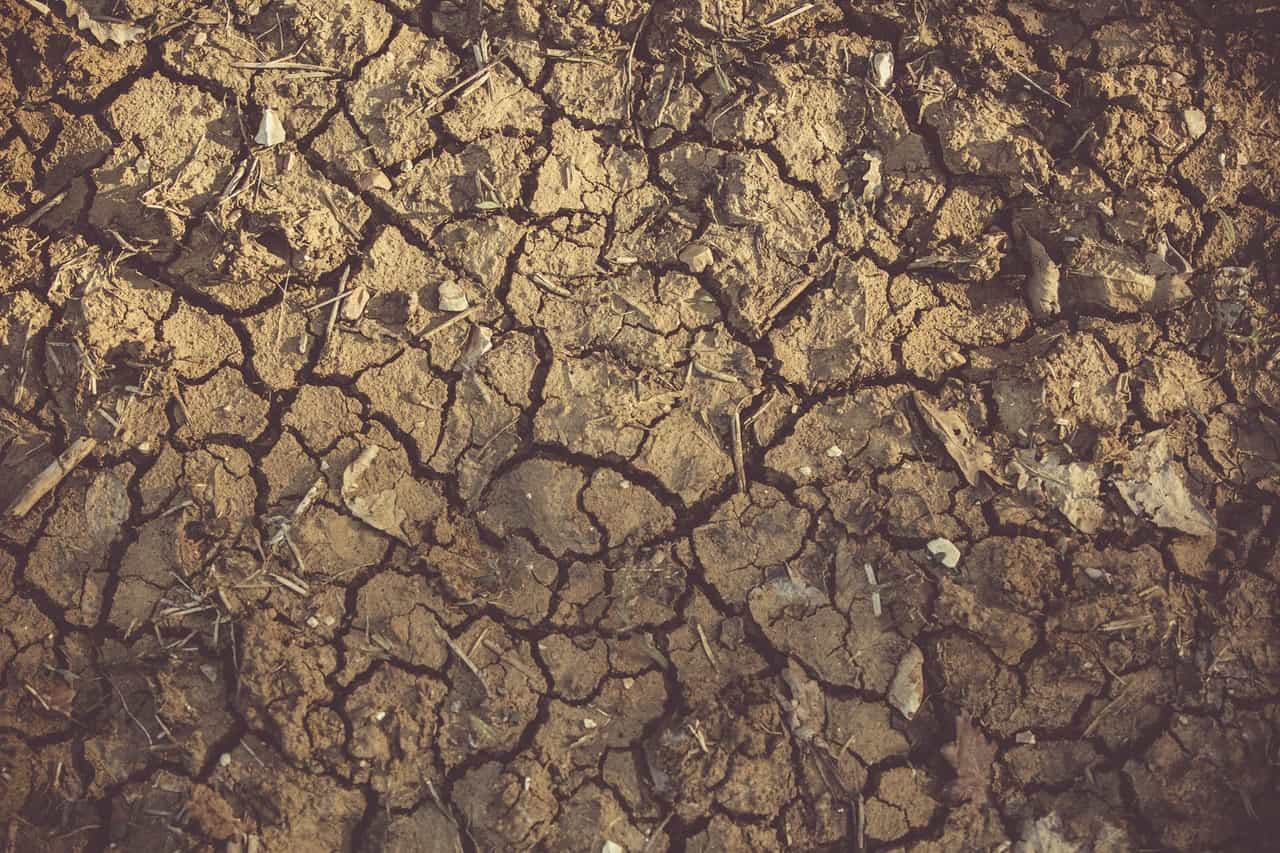The pandemic has exposed the fragility of our systems and brought societal inequalities to the fore. We have an opportunity to build back better and one of the key ways we can do that is an investment in the green economy and the creation of “green jobs”. President Biden announced his plans, what else do we know about green jobs?
While the COVID-19 pandemic is still with us, with vaccines being rolled out and countries starting to open up, the end does seem to be in sight. As we start to put our lives back together, the calls for “green and fair” recovery plans are becoming louder. We unpack green jobs and how they can play a role.
What exactly is a “green job”?
Traditionally, when thinking of a typical green job you might be picturing a young white male with a hardhat in front of some solar panels, wind turbines or some trees. And who can blame you – that is exactly what a google image search will show you.
A green job is generally seen as one of two things – a job within a green business, or a job within a business facilitating its path to becoming green. With a rise in new businesses who prioritise the environment from the outset (shout out to our conscious brand partners!) and increasing pressure on established businesses to become more environmentally friendly, the parameters of what a green job is are widening every day.
In order to meet climate goals, we need experts in climate issues across all industries. Natural carbon sinks like peat and seagrass need to be protected, restored and created. Homes need to be made more efficient – powered by renewable energy and insulated effectively. Transport needs to be reformed – with active travel and public transport prioritised. The way we grow, produce and distribute food needs an overhaul. The manufacturing and construction industries need a drastic change. There is a lot of work to do and people needed to do that work.
Unemployment rates are rising
Across the globe, the shock waves of the pandemic are still being felt and this is especially evident when you look at the economy. The majority of the world is in a recession and unemployment rates are on the rise. With many furlough schemes set to end in the coming months, this is a worrying trend. And, coronavirus is not the only risk factor for jobs. The climate emergency will affect a myriad of careers that rely on a stable environment, like agriculture and forestry. It’s clear that if we don’t act with urgency, things are going to get worse.
But there is also an abundance of opportunities.
In the same way that all facets of our lives are affected by the changing climate, all areas of our lives offer an opportunity for a swathe of new career paths.
Statistics show that consumer demand for ethical good and services is continuing to grow. The 2020 Zeno Strength of Purpose Study, a worldwide study of over 8,000 consumers, showed that people are up to 4 times as likely to purchase from a brand that is purpose-driven and 4.5 times more likely to recommend it to friends and family
People want meaningful jobs – young people, who stand to be affected long term not only by the pandemic but also by climate change, are consistently responding to surveys with a desire to work with a purpose. Debut recently found that over 80% of surveyed students and graduates want to work for a company with a “strong environmental policy.”
Governments need to seize these opportunities are a critical step towards a healthy plant and a healthy global economy, and they are starting to take steps. Major economies in Europe have announced their plans to invest in a green economy. In addition to Biden’s plans in the US, the French government announced a third of its €100 billion post-COVID will be invested and Germany’s green recovery plans include an investment of at least €40 billion.
What about the skills gap?
So we have a whole planet needing green solutions – and fast -, and graduates with a preference for green jobs but are we prepared for the green revolution? Unfortunately, not quite. According to research, a mere 13% of companies feel confident that they have the skills to successfully transition to sustainable business practices. On one hand, this will create roles for people to facilitate a transition but on the other hand, it reveals a skills gap that urgently needs to be addressed. In order for a green economy to thrive, it is crucial that the existing workforce is getting training opportunities to learn new skills and/or retrain. In tandem, educational institutions need to develop courses, recruit and equip students with relevant knowledge.
Environmental NGO, Friends of the Earth (FoE) is calling on the UK government to invest up to £10 billion in 5 years to create 250K green apprenticeships to fill this gap. In their recent report, Green jobs report: an emergency plan on green jobs for young people, FoE has identified several of the challenges we have covered, namely youth unemployment and a green skills gap, and outlined their recommendations which include a national green apprenticeship scheme and further education plan.
What can we do?
Government action is required imminently for a green and fair recovery for COVID-19 to be possible but there are some things you can do as an individual to help.
> Put pressure on the government – write to your representative and ask them to prioritise green jobs.
> If you have a green job, can you mentor someone who is at the beginning of their career by sharing your knowledge and experience?
> Provide feedback to your employer – whether your role is green or not, you have an opportunity at work ask your employer to consider how they will transition to sustainable practices and to map out what skills they need to do that and how they will source that talent.
> Perhaps they can even begin to develop training resources for internal professional development.




